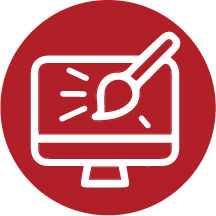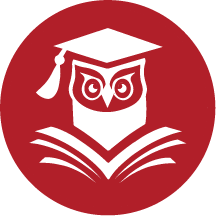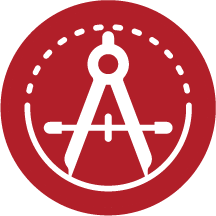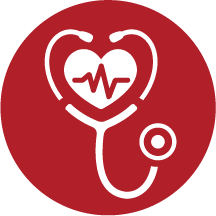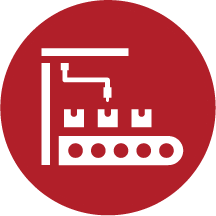CTE Pathways: Health Science & Medical Technology
Biomedical Pathway
Understand how the human body works in order to utilize and create technology that helps us fight disease and keep healthy. This pathway creatively leads students into different fictional and real-world scenarios to help them understand what careers in this field look like outside of the classroom.
Courses
Course Description
YEAR 2: Biomedical Capstone Coming Fall 2025
Course Description
Students will continue their biotechnology education by learning about interactions of the human body systems. The course covers how the systems communicate with one another, how the body is powered, how it moves and how it protects itself. To put science into action, students will build organs and tissues on a skeletal Maniken® and take on the roles of biomedical professionals to solve real-world medical cases.
For More Information
Contact:
Juliet Santa Cruz
jsantacruz@dusd.net
John Hwang
johwang@dusd.net
Joseph Paysse
jpaysse@dusd.net
Outcomes
Students who complete the first course will receive an OSHA/Red Cross 10-Hour Certification Card.
Biotechnology Pathway
Understand how the human body works in order to utilize and create technology that helps us fight disease and keep healthy. This pathway creatively leads students into different fictional and real-world scenarios to help them understand what careers in this field look like outside of the classroom.
Courses
Course Description
YEAR 2: Applied Chemistry and Biotechnology Coming Fall 2025
Course Description
This course allows students to investigate and apply chemistry and biotechnology concepts and methods to understand and address issues related to five essential human needs—Water, Food, Health, Waste Management, and Energy—as Chemistry and Biotechnology complement each other in addressing these essential needs. Human diseases, for example, are treated by either small molecule drugs produced by chemistry or protein-based drugs produced by biotechnology, and environmental contaminants can be cleaned up either using chemistry or microbes. Whether a chemistry or biotechnology solution works best depends on the specific nature of the problem, and often both approaches to the problem are necessary for optimal resolution.
Outcomes
Students who complete the first course will receive an OSHA/Red Cross 10-Hour Certification Card.
For More Information
Contact:
Sports Medicine Pathway
In our Sports Medicine pathway, students get first hand experience in sports medicine by working with our student athletes. Students will learn how to identify and treat injuries, while prepping for success in their next steps to reach their career goals.
Courses
Course Description
YEAR 2: Advanced Sports Medicine & Patient Care
Course Description
Students will prepare for a career in kinesiology and sports medicine in this advanced course that covers the biological effects of injuries, injury treatments and the physiological responses to therapeutic techniques. By the end of the course, students will have prepared professional portfolios showcasing their work.
For More Information
Chris Zessau, CTE Teacher
czessau@dusd.net
Outcomes
Learn More: CTE Pathways at DHS
Each CTE Pathway is industry-focused and usually consists of 2-3 courses. The last course in the pathway is the capstone. When students complete a course they may receive college credit or receive an industry certificate. Click on each industry below to see details about the courses and outcomes.


